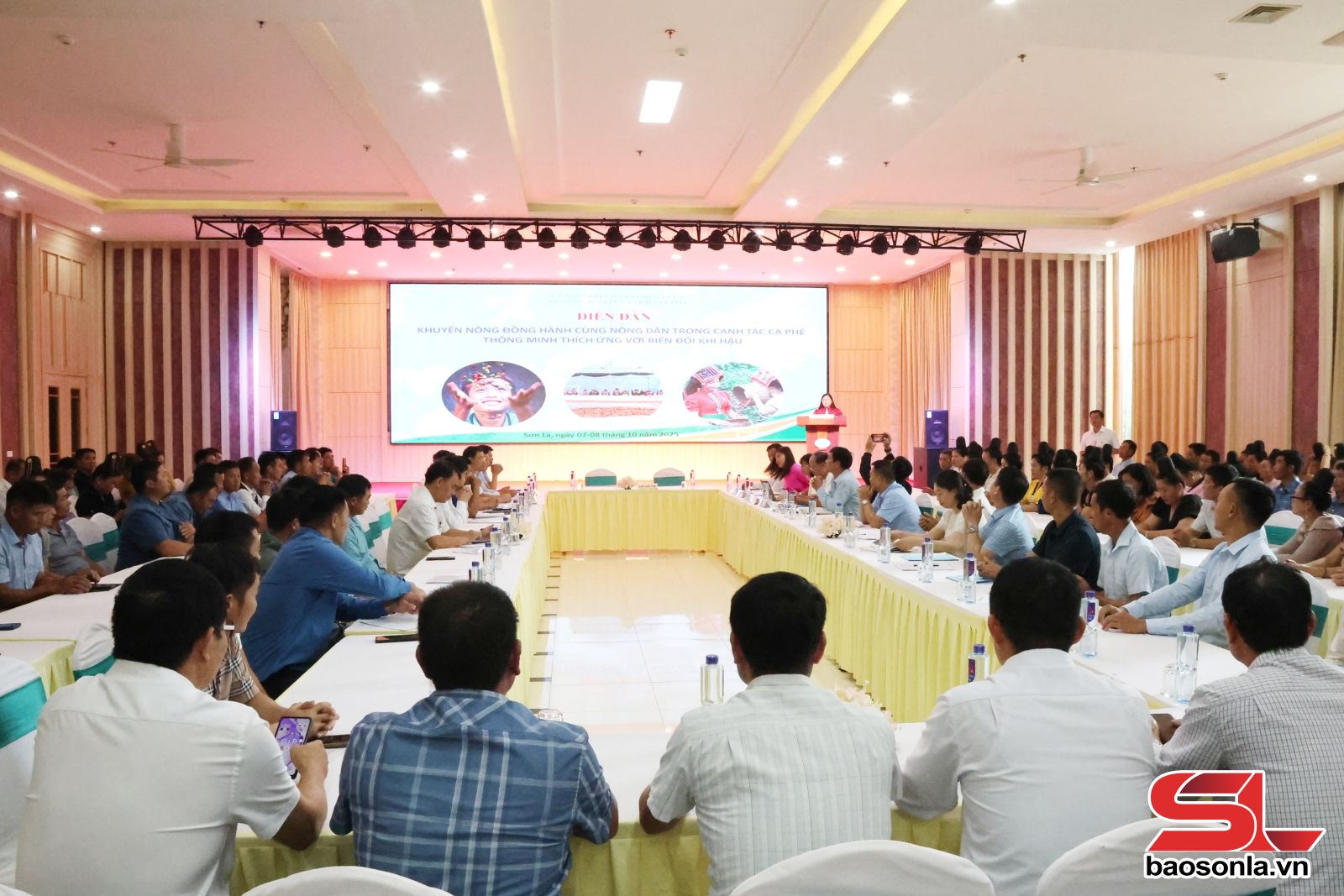
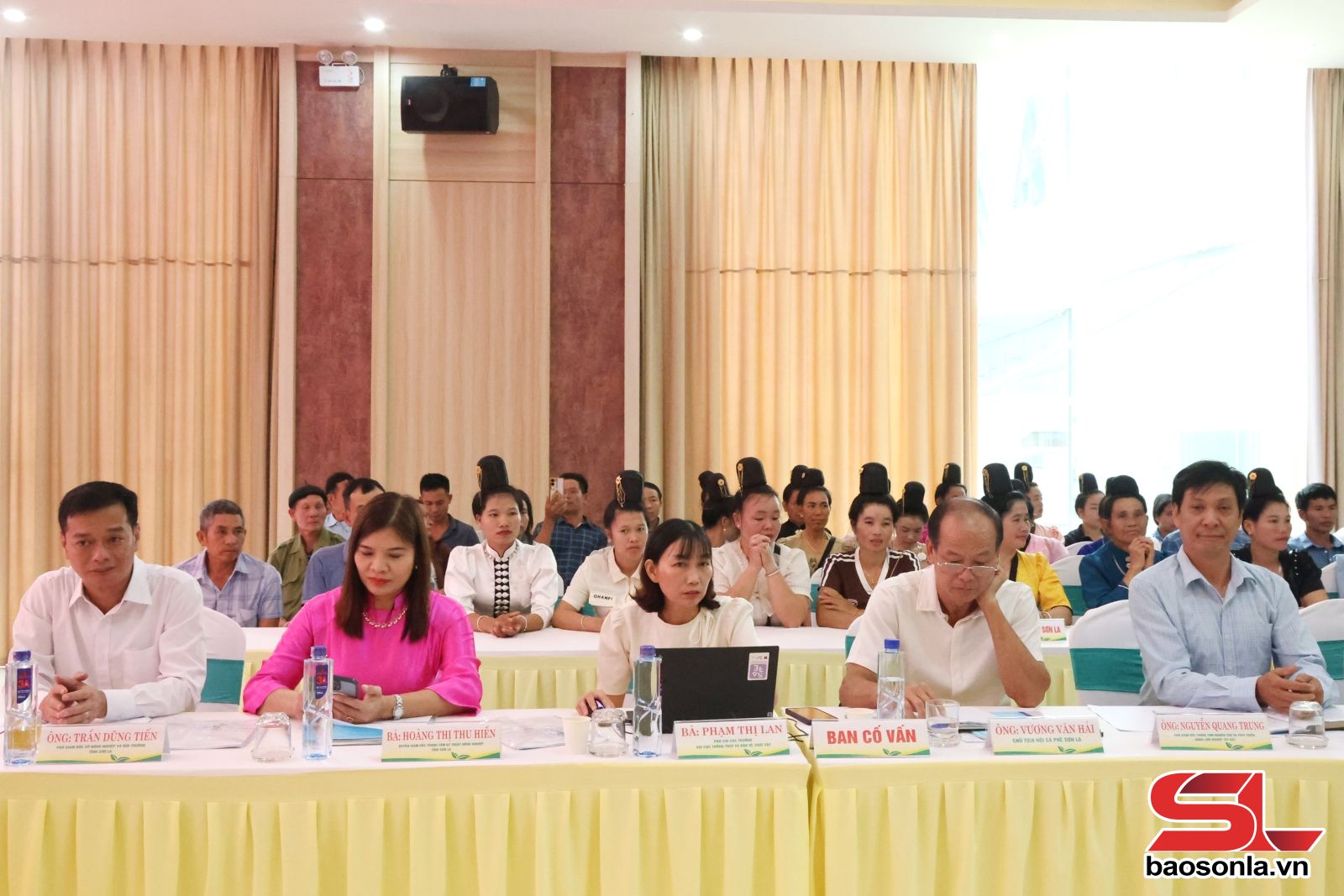
Arabica coffee was first cultivated in Son La in the 1990s, mainly in Chieng Coi and Chieng An wards, and the communes of Mai Son, Chieng Chung, Thuan Chau, Binh Thuan, Yen Chau, and Sop Cop. Despite ups and downs, the crop has remained resilient, becoming a key source of stable income for farmers and playing a crucial role in agricultural restructuring, value addition, and export growth.
To promote coffee cultivation, the province has rolled out various support policies, including preferential loans, sustainable farming training, assistance with seedlings, fertilizers and machinery, as well as initiatives to connect businesses with farmers and consumption markets, boost trade promotion, and develop branding.
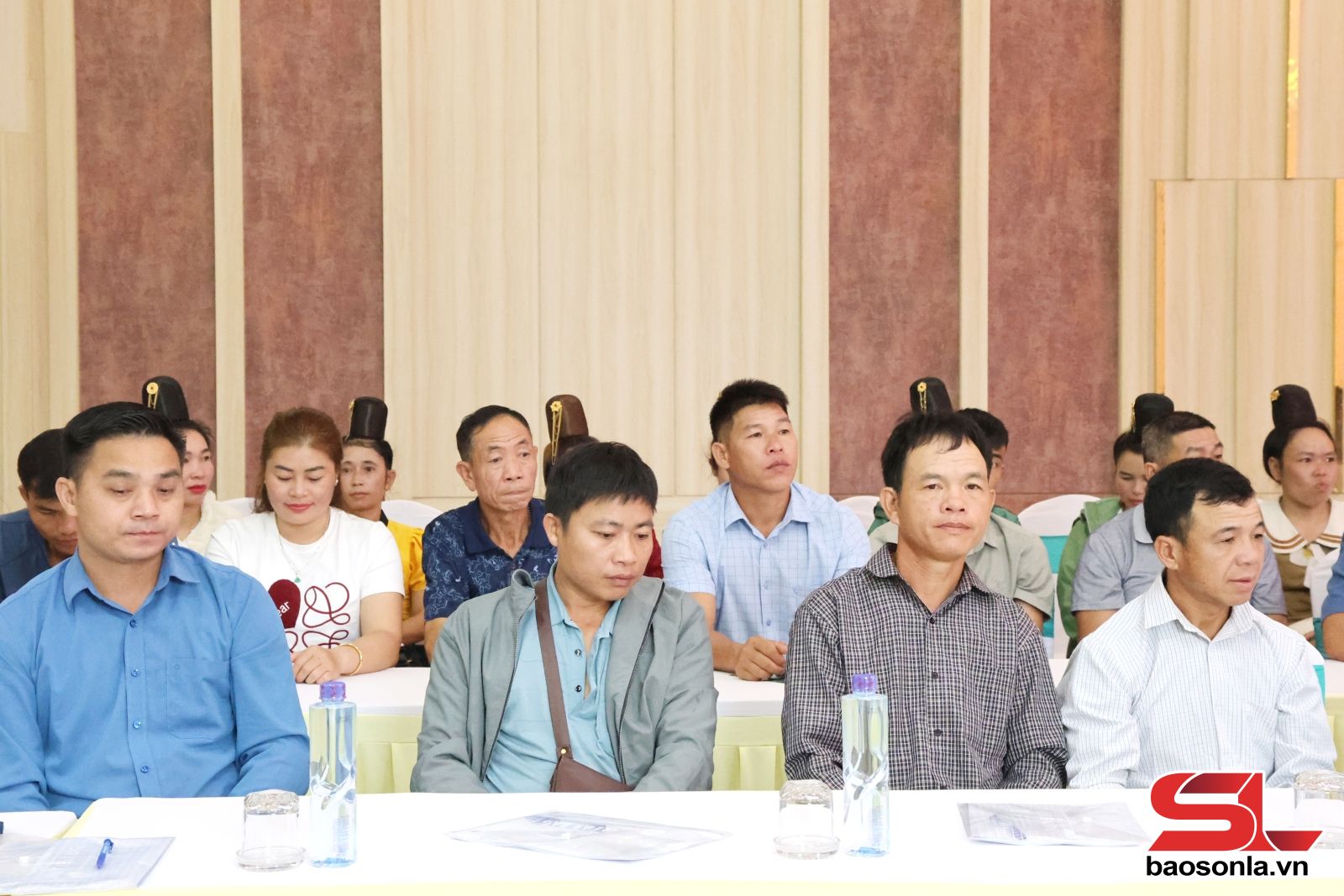

Son La currently has more than 24,300 hectares of coffee under cultivation, with an estimated annual output of 37,724 tonnes, accounting for over 41% of Vietnam’s total Arabica area. The province is home to more than 100 cooperatives and groups engaged in coffee growing, processing, and trading. Each year, local businesses and cooperatives process over 5,405 tonnes of green beans, while seven firms and cooperatives have been granted the right to use the “Son La Coffee” geographical indication, exporting products to 20 countries and territories.
In reality, coffee has become a key crop, generating an annual income of between 60 million VND and 100 million VND (3,793 USD) per hectare. The industry provides stable livelihoods for over 25,000 coffee-farming households and creates seasonal jobs for around 60,000-70,000 workers.
Delegates discussed topics such as coffee cultivation planning, replanting and processing techniques, coffee husk treatment and reuse, optimal harvest timing and methods, production linkage models, and support policies for cooperatives, businesses, and farming households involved in coffee growing and processing.
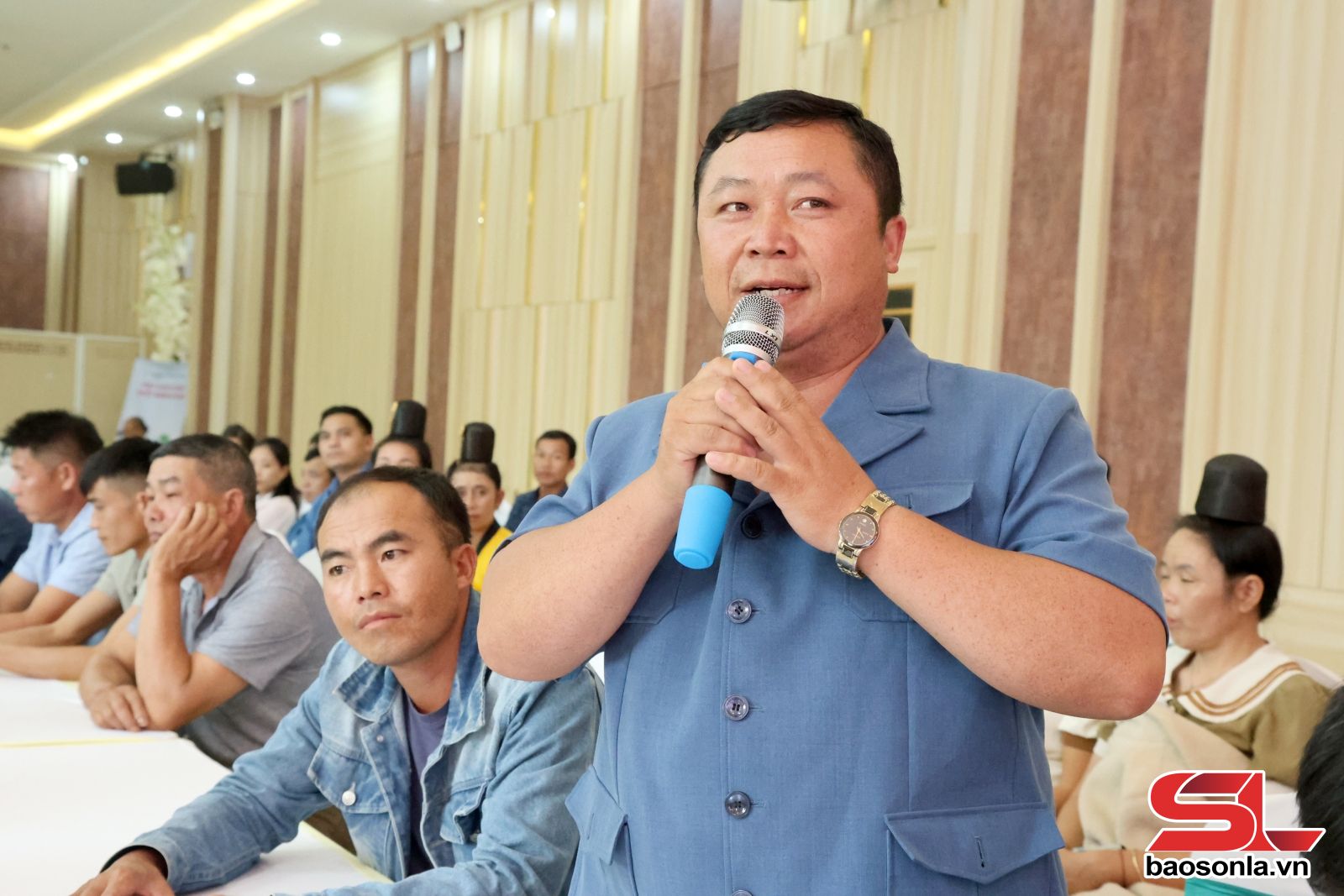
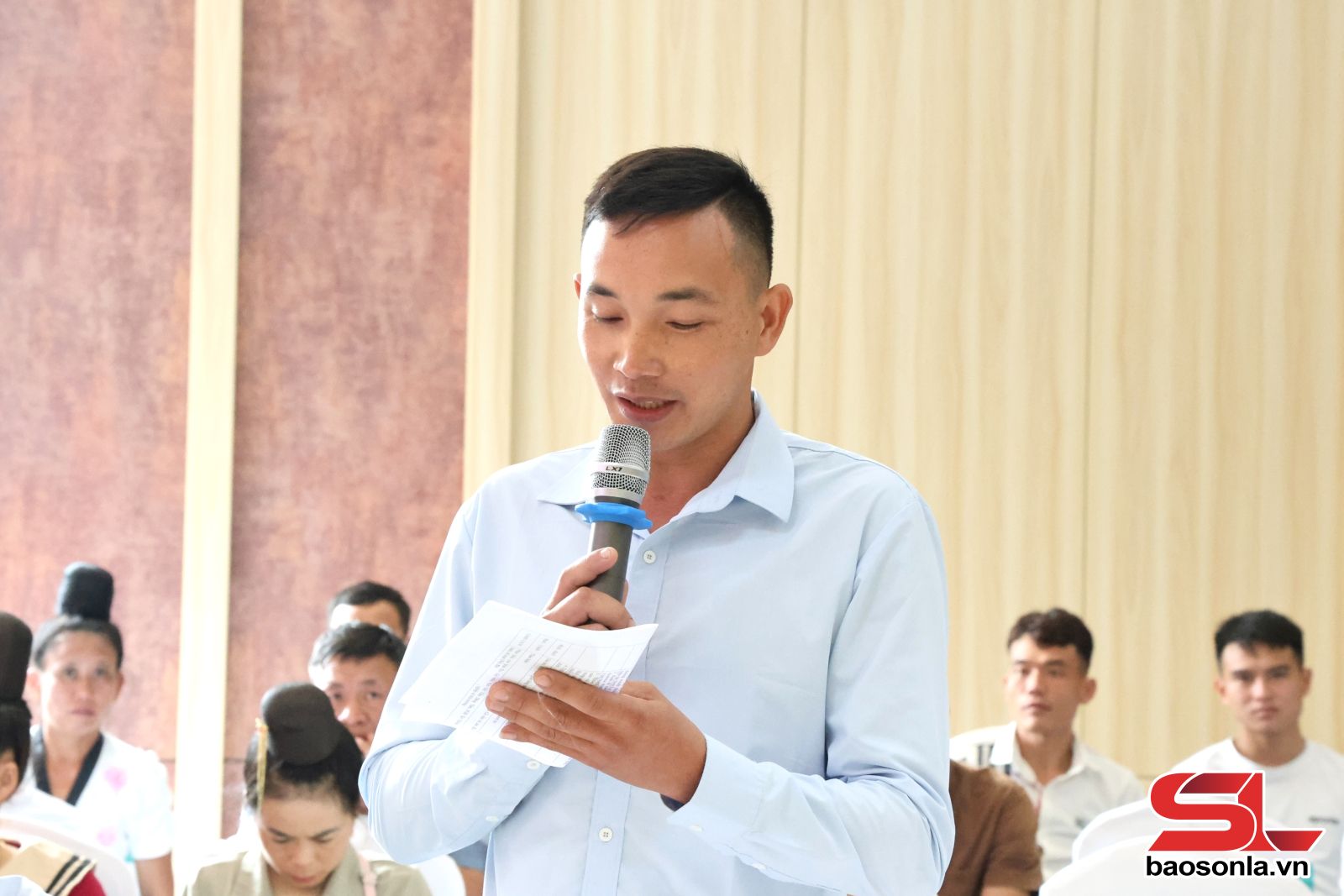
A representative from Sang Na Tre Cooperative in Chieng Mai commune speaks at the forum.
The forum served as a platform for policymakers, scientists, businesses, cooperatives, and farmers to exchange insights, share experiences, analyze challenges, and propose solutions for coffee sector development. It also contributed to shaping a smart coffee cultivation model that helps cut costs, improve production efficiency, and minimise environmental impact.
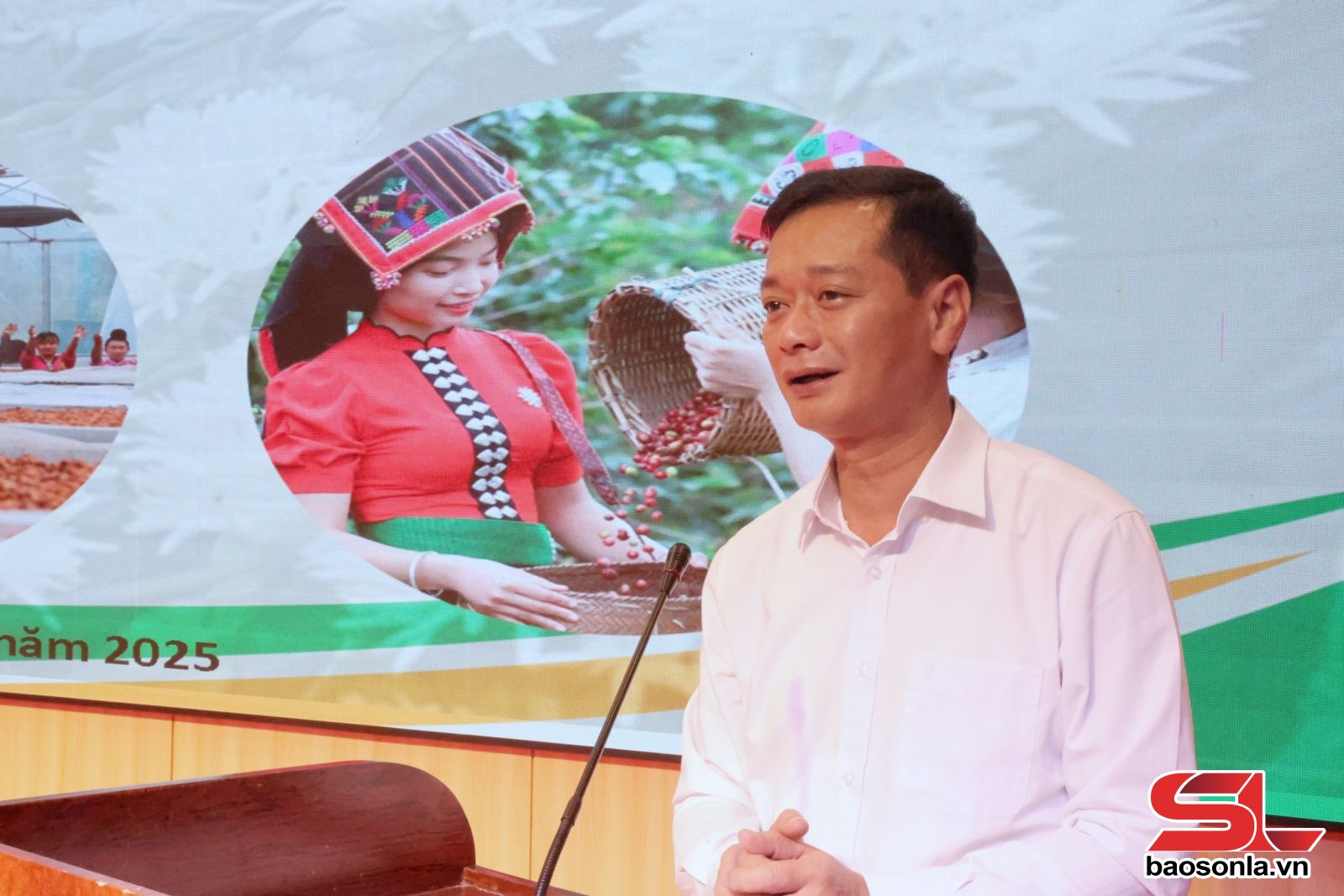
Tran Dung Tien, Deputy Director of the Son La Department of Agriculture and Environment, speaks at the forum.
Speaking at the forum, a representative from the provincial Department of Agriculture and Environment emphasised that for Son La coffee to achieve sustainable growth amid climate change, developing smart farming models, promoting a circular economy, strengthening value chain linkages, ensuring traceability, and moving toward carbon reduction are essential to enhancing the coffee’s value. These efforts will serve as the foundation for the agricultural sector and the extension system to refine mechanisms, policies, and development orientations for Son La coffee in particular and Vietnam’s coffee industry as a whole.
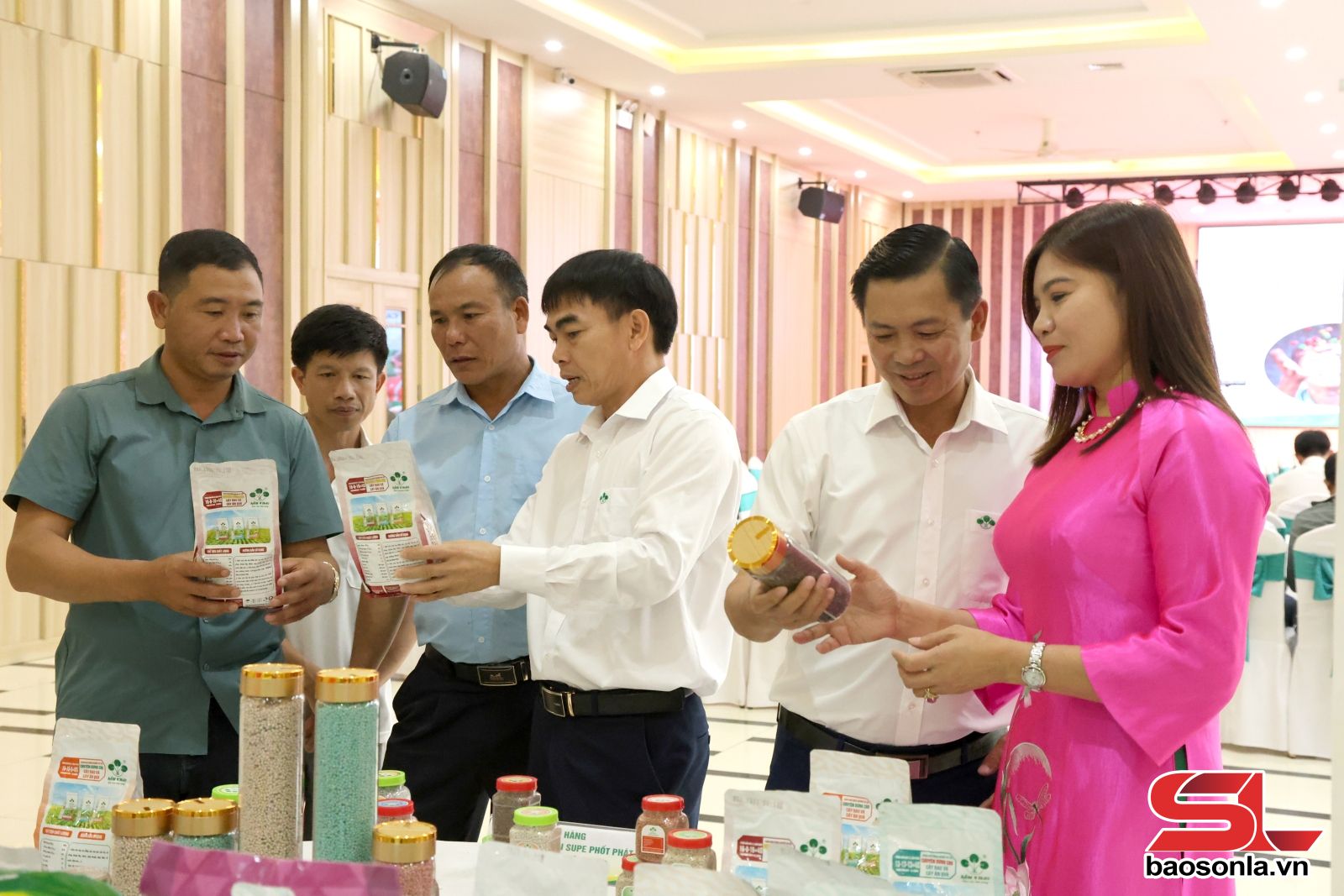
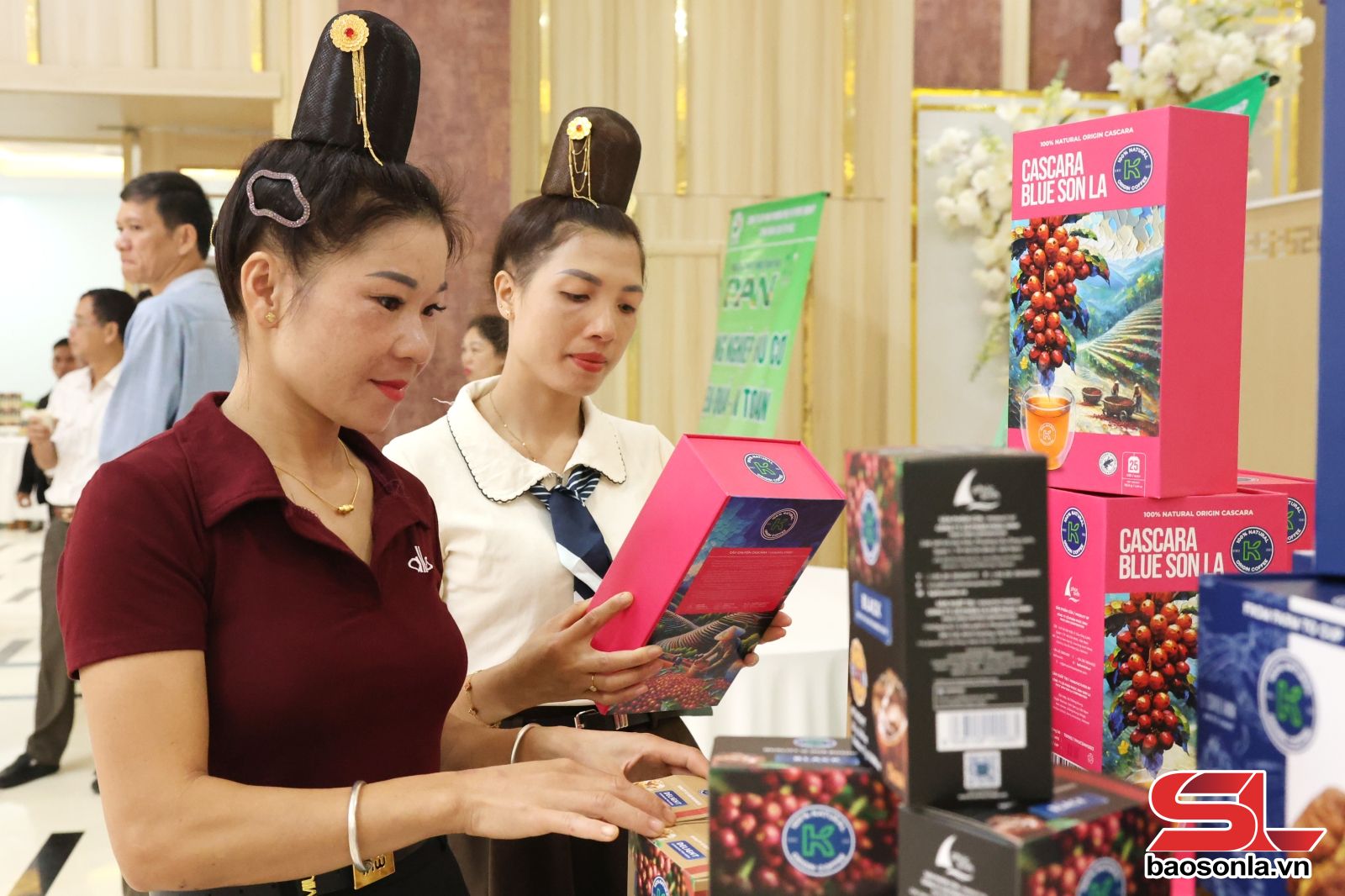
Earlier, delegates visited the coffee production models of Phuc Sinh Son La JSC in Chieng Mung commune and Sang Na Tre Cooperative in Chieng Mai commune.
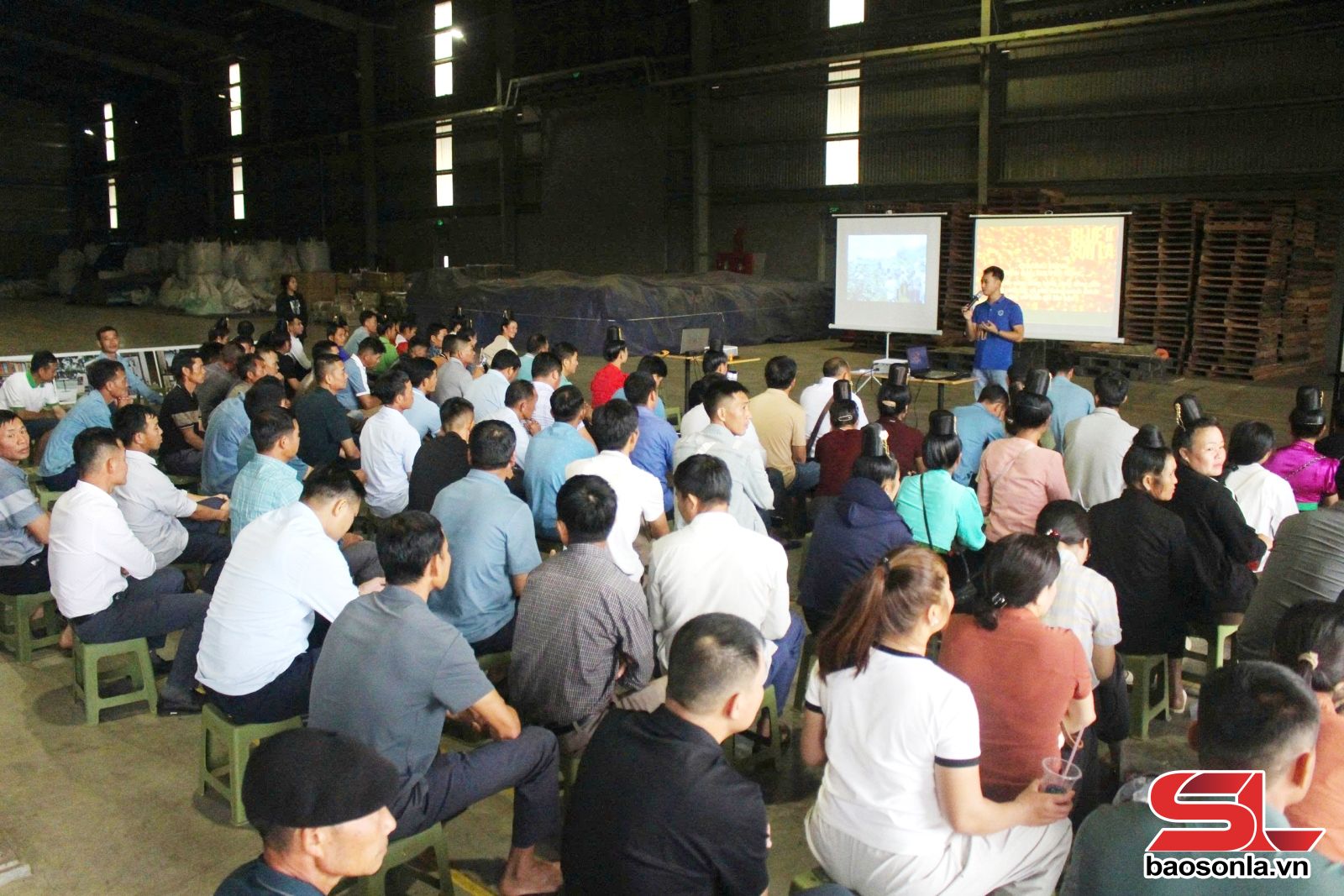
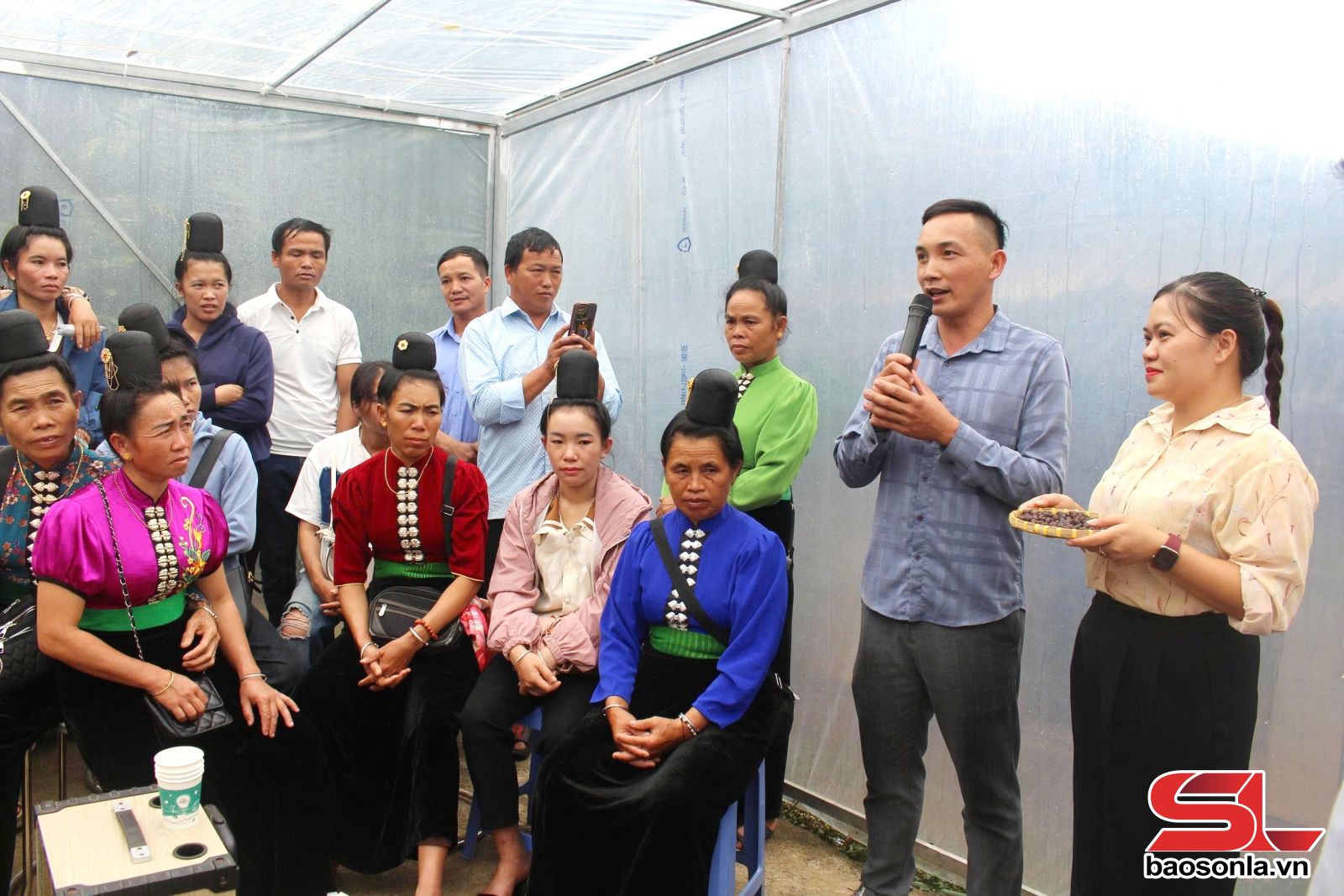
A representative from Sang Na Tre Cooperative in Chieng Mai commune introduces the cooperative’s coffee products.











.jpg)











You have 500/500 characters left
Please enter 5 or more characters!!!